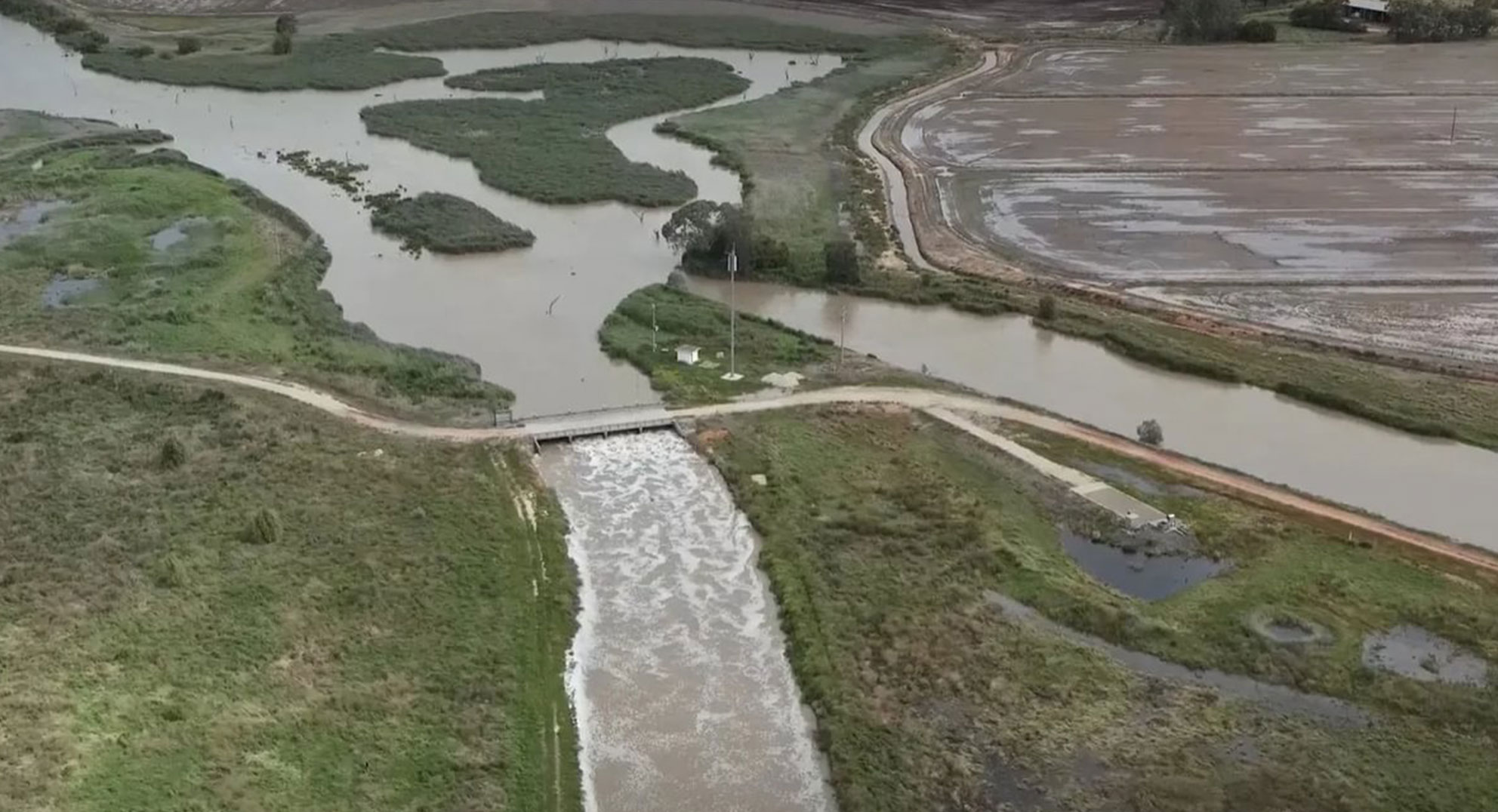Reducing uncertainties and enabling multiple benefits in water delivery operations

Status
In Progress
Project Type
Round 1
Timeframe
1 April 2024 - 31 March 2027
Core Partners
Australian National University, University of Melbourne, Murrumbidgee Irrigation, Murray–Darling Basin Authority, University of Adelaide
Affiliate Partners
Coleambally Irrigation, eWater Limited, HARC, SA Water, Western Murray Land Improvement Group, Australian Bureau of Agricultural and Resource, Economics and Sciences (ABARES), SA Department for Environment and Water, Bureau of Meteorology, Goulburn-Murray Water
With increasing water scarcity, there is growing pressure to achieve more value from each drop of water. With a focus on water transfers and deliveries, this project examines how water system operations can be improved in terms of water efficiency and producing cultural, social, environmental and economic co-benefits to other water users.
About this project
Currently, water is delivered to farmers, communities and environmental assets across the Murray–
Darling Basin by a multitude of federal, state and local agencies in a rather fragmented way, and many opportunities for generating co-benefits are missed.
For each delivery of water, water system operators are faced with uncertainties around water availability, water demand, transmission losses, unregulated inflows, and the outcomes of delivery options.
Decision making around water deliveries is therefore a difficult task even when targeting a single outcome, let alone multiple outcomes.
Reducing uncertainties is therefore critical for helping operators to improve the effectiveness and efficiency of deliveries to achieve their own requirements (e.g. delivery to their customer) as well as co-benefits to others.
This project aims to improve information systems and processes that underpin decisions around water deliveries to reduce uncertainties faced by water system operators, and to enable multiple environmental, social, cultural and productive benefits.
Researchers will examine how water system operators make decisions and why, including their decision criteria, the rights and responsibilities for water delivery and water accounting, and the information or tools operators use to support decisions.
Working with industry partners, the project will also examine the governance and institutional arrangements and operational decision-making space around water deliveries, and develop prototype tools for supporting the strategic water delivery decisions that generate multiple benefits.
These tools will include:
- a framework for assessing the broad range of benefits associated with water deliveries
- models to evaluate potential outcomes of alternative transfer and delivery strategies, including accounting for future uncertainties
- control systems to aid operators in achieving their objectives, by tuning operations based on real-time data.
Outcomes
The project will provide a blueprint of how water delivery systems can be managed for multiple benefits, including the governance, procedures, and tools required to facilitate this transformation in water deliveries in the Basin.